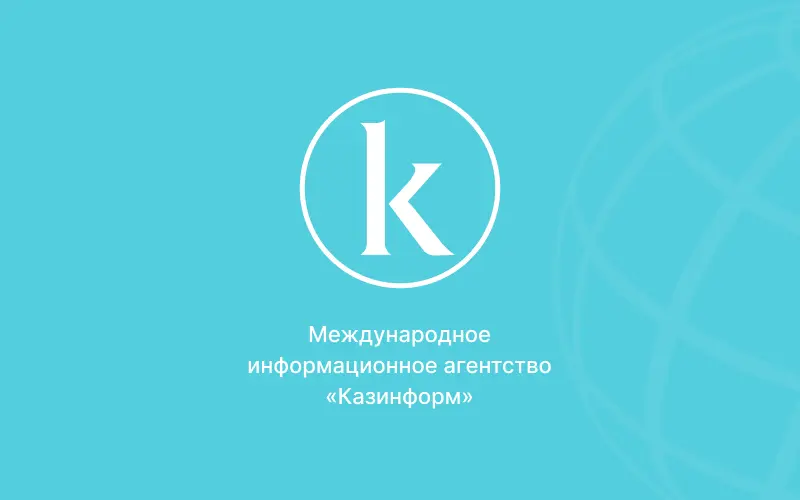Int'l project to help Kazakhstan people to protect health from dangerous chemicals

They will also educate citizens, how to deal with hazardous materials and protect their health. Recommendations for state authorities on how to solve existing problems will be published. Thirty-month project is financially supported by the European Union, the EU Delegation to Kazakhstan said.
"We hope that our international experience can contribute to solve some of the serious problems of Kazakhstan and protect people's health. Exchanging ideas between our countries will certainly enrich partners on both sides," Martin Skalsky, project coordinator of Czech organization Arnika, says.
"European Union disposes of environmentally friendly technologies, examples of good practice and strict standards. This combination will inspire us in seeking ways how to increase chemical safety in our country," stated Dana Yermolyonok, coordinator of the project in Kazakhstan.
The project named "Empowering the civil society in Kazakhstan in improvement of chemical safety" is aimed at empowering the civil society in Kazakhstan in improving its living conditions. One of the main targets is increasing public access to information and raising awareness on chemical safety in order to raise the ability of local communities to protect themselves from chemical pollution and to be able to enter decision making processes directly affecting their livelihoods. This will also include strengthening cooperation and building capacities of environmental civil society organizations and initiating legislative changes related to chemical safety and development of the replicable model examples to widen the project experiences. There will be sampling and analyses conducted at potential contaminated sites.
The funds for the project have been provided by the European Union to the amount of EUR 247.834. Sub-grants in a range between EUR 1.500 and EUR 3.000 will be available to grass root level initiatives in the framework of this project, with total amount of funds for sub-granting EUR 12.000 EUR.
The project will be implemented in Karaganda, Pavlodar, Akmola and East Kazakhstan regions.
